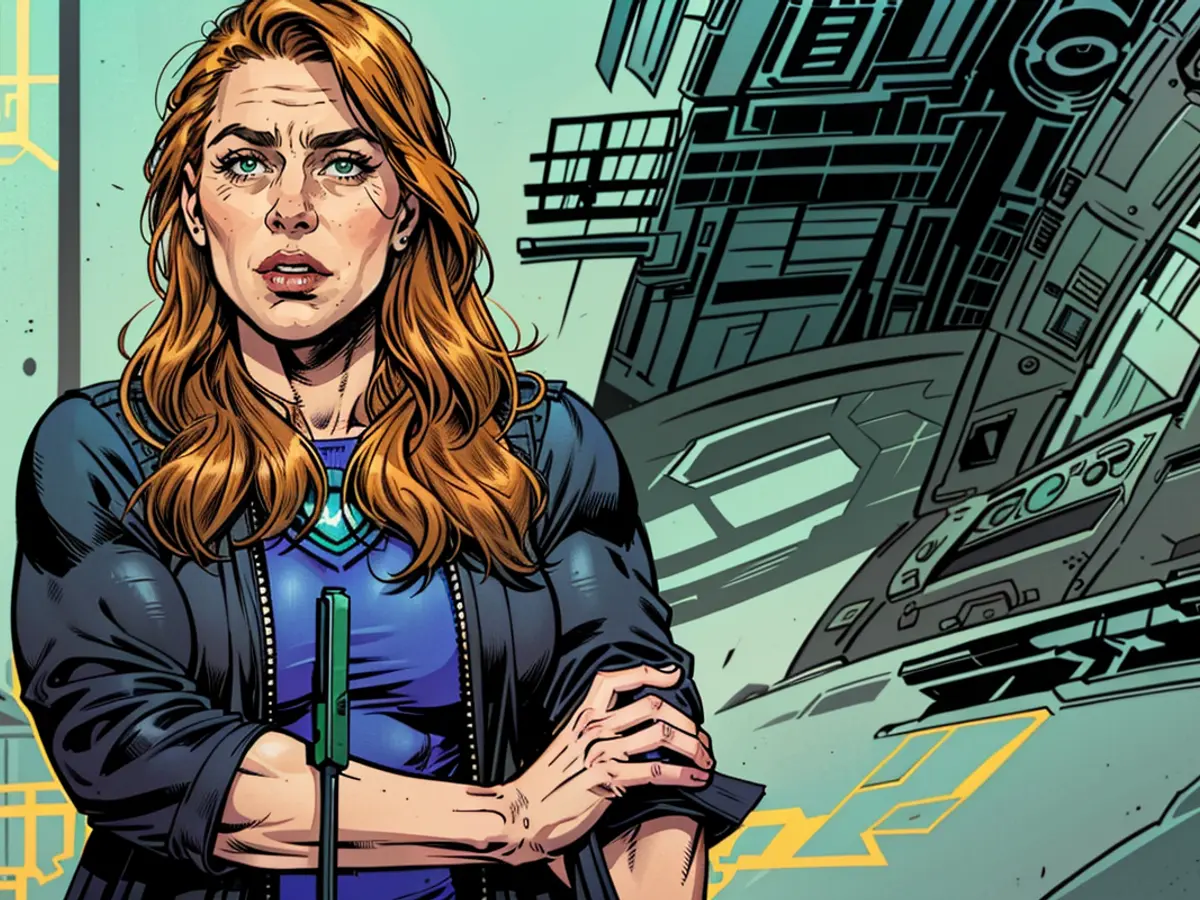- Shifting strategy from defense to offense: Greens transition into advocacy phase
Before the upcoming federal election, the Greens are initiating their campaign, expressing their discontent with the current coalition of SPD, Greens, and FDP. "For us, it's obvious that things can't carry on like this in a future government," said Katharina Dröge, the Green party leader, to Süddeutsche Zeitung. "We'll only be part of a government if our partners treat each other with respect, trust, commitment, and collaboration."
Taking a Fighting Stance
In essence, this isn't how things are with the current coalition. It's a clear sign of discontent, part of a series of similar statements made recently. The Green party, usually known for keeping a low profile in internal disputes, has now taken a fighting stance.
Omid Nouripour, the party leader, labeled the traffic light government a "transitional coalition after the Merkel era" in a recent ARD interview and criticized the "odd appetite for conflict." The choice of words isn't accidental; the "transitional" term appears twice. Irene Mihalic, the first parliamentary business manager of the Green parliamentary group, said to Bild, "The situation becomes more difficult when a partner consistently positions itself against its own coalition in public."
Shadows of the Federal Election
The state elections in Saxony, Thuringia, and Brandenburg are approaching, but this shift in communication isn't explainable by those elections. The main reason is the upcoming federal election, which is casting early shadows with its scheduled date in September next year.
Robert Habeck, likely to be the top Green candidate for the next election, is now openly criticizing the FDP. He criticized the public disclosure of budget draft opinions during the summer break - a move that Christian Lindner is responsible for. "Such a method always results in someone losing face or retracting their interpretation," Habeck noted.
Preferring Honesty over Flattery
The budget disagreements, the arduous compromise necessary for renegotiation, and the Green party's painful memory of the European election results are contributing to the shift in communication. The party's supporters and citizens want problems to be named rather than sugarcoated, and this could improve credibility if done early.
However, despite the more confrontational tone, the Greens are not expected to pull out of the coalition. This goes against their belief in government responsibility, especially considering the US elections in November. A potential Trump victory could jeopardize further Western support for Ukraine, which is crucial to the Greens.
Habeck warned the traffic light parties against prematurely considering an early exit from the coalition. "Casually suggesting a new election is out of the question," he said to the Funke media group. The German constitution specifies that a Bundestag serves for four years.
Dissatisfied with the current coalition with SPD and especially FDP, the Greens are keeping their options open for the future. "We will carefully examine which coalition we will enter after the next federal election," Dröge emphasized. And regarding their four expectations for a new government (respectful, trusting, binding, and collegial): "These can also be met by FDP and SPD. But other coalition options and constellations are also possible - even with the CDU." It remains to be seen what majorities are feasible.
Open to New Constellations
Nouripour also hinted at his willingness for new coalition options. "After the federal election, we must be open to everything, nothing can be ruled out," he said to SZ. "Also because the changes in the party landscape make three-party constellations more likely. The key is that everyone is ready to accept the long-term responsibility they take on and not constantly reopen decisions."
The Green party's criticism of the FDP, as expressed by Robert Habeck, could indicate potential changes in their coalition preferences for the upcoming federal election. For instance, Habeck criticized the FDP's public disclosure of budget draft opinions during the summer break.
The Green party's leader, Katharina Dröge, has also stated that they are open to exploring new coalition options after the federal election, stating, "Also because the changes in the party landscape make three-party constellations more likely. The key is that everyone is ready to accept the long-term responsibility they take on and not constantly reopen decisions."








